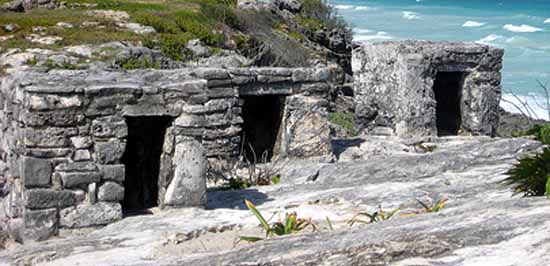



What is necessary to change a person
is to change his awareness of himself.
--- Abraham Maslow
Knowing your own darkness
is the best method
for dealing with the darknesses
of other people.
--- Carl Jung
Spirit slumbers in nature,
awakens in the mind,
and finally recognizes itself
as Spirit
in the transpersonal domains.
--- Ken Wilber
As far as we can discern,
the sole purpose of human existence
is to kindle a light
in the darkness of mere being.
--- Carl Jung
When we quit thinking
primarily about ourselves
and our own self-preservation,
we undergo a truly heroic
transformation of consciousness.
--- Joseph Campbell

Transpersonal Psychology as a field:
Primary principles of Transpersonal Psychology include:
Earlier schools in psychology include, behaviorism, psychoanalysis and humanistic psychology with concentration on the self and a surface exploration of consciousness. Transpersonal psychology (known as the fourth force) continues a natural evolution in psychology as it places the self within the larger cosmic context and acknowledges a drive for spiritual realization that is the foundation and origin of consciousness.
Transpersonal psychology does not view any of the earlier forces as incorrect, just limited, and thus integrates them with the perennial wisdom of spirituality.
Transpersonal psychology emerged in the West in the late 1960's as many people began to view themselves and the world from a different perspective. The moral dilemmas of the Viet Nam War, civil rights, the emergence of meditation in the East coupled with the understanding of quantum physics, consciousness awakening through psychedelic drugs, ecological concerns, etc. brought to light parts of the human experience which had previously been neglected by western psychology.
Stanislav Grof, Abraham Maslow, Victor Frankl and others named the field in the late 1960's and brought a sense of actualization, credibility and permanence to it.
Context, content and process are the key elements that define transpersonal psychotherapy. Context relates to the values, beliefs and intentions of the therapist which is critical in establishing a transpersonal orientation. Content includes actual transpersonal experiences. Process refers to the client's movement through stages until transpersonal awakening is realized.
A transpersonal therapist views seeing and being with what is as an important factor in change. The therapist's consciousness and own personal spiritual journey are important in the process and provide the atmosphere to support the client's journey. The therapist's presence is a key factor and the therapist's own work is what facilitates the client's work and the overall transpersonal orientation. Techniques are limitless and varied and include methods from traditional psychotherapy as well as transpersonal psychotherapy. Techniques are determined by the situation and fit within the overall transpersonal context.
Transpersonal psychotherapy views both spiritual awareness and cohesive psychological development as necessary for optimal health and self-realization. Its orientation is inclusive, valuing and integrating both the personal and the transpersonal, ordinary and non-ordinary states of consciousness, modern Western perspectives and Eastern wisdom and analytical intellect and contemplative ways of knowing.
As we expand this section on Transpersonal Psychology, we will touch on
many factors that heavily impact our personal daily lives.
We will study how to reach our highest potential and how to recognize, understand and realize
unitive, spiritual and transcendent states of consciousness. We will look at personal and spiritual
self-development, peak experiences, mystical experiences and how they all integrate into our overall
human psyche.
We will use tools such as ennegrams, Jungian tests, Joseph Campbell's archetypes, Maslow's heirarchy
of needs, Wilber's Quandrant theory and many other post modern transpersonal techniques to help us be
more whole and comfortable with who we are.